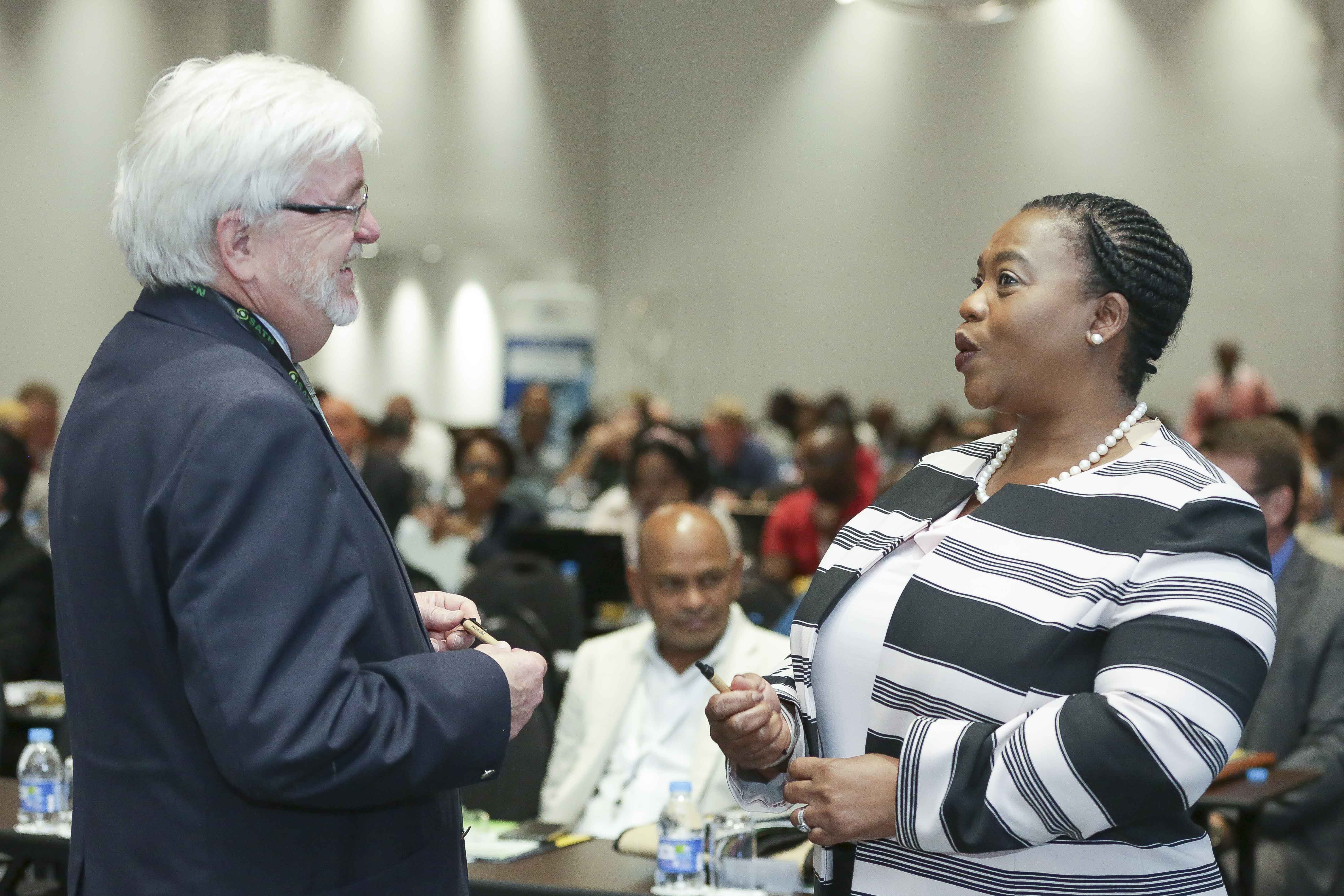KZN MEC for Cooperative Governance and Traditional Affairs (Cogta) Nomusa Dube-Ncube has today delivered an enthusiastic message of support at the two-day SATN conference in Durban where some 300 delegates from across the country are discussing the role of universities in the Fourth Industrial Revolution. This is an important discussion the government wants to be part of as it prepares for a future in the Fourth Industrial Revolution.
“The Fourth Industrial Revolution is no longer an academic subject but a reality. Today, university students are able to attend lectures from any part of the world via their smart gadgets. Such has been the scale and scope brought about by the Fourth Industrial Revolution that disruptive digital technologies and trends are changing the way we live and work,” said Dube-Ncube.
The MEC has noted that whilst these changes are bringing a lot of anxiety, they are also bringing a lot of excitement. The key feature of the Fourth Industrial Revolution, according to Dube-Ncube, is what is called “creative destruction”, in which old ways of doing things are destroyed and replaced by more modern, efficient, and usually digitised solutions.
“Globally, countries are being challenged to respond to the opportunities presented by the Fourth Industrial Revolution. Advanced technologies, such as automation, artificial intelligence, robotics, nanotechnology, 3D printing, and autonomous vehicles will demand analytical and social skills, such as persuasion, emotional and social intelligence, and will demand creativity and adaptability,” said Dube-Ncube.
This, as Dube-Ncube pointed out, calls on our universities and the education sector to modernise our training methods and develop skills that will ensure that we prepare the next generation with the right tools for success in jobs and skills that are adaptable for the future. The South African government is enthusiastically supportive of these developments.
“Our universities need to modernise the content and curricula they give in their lecture halls. The content and teaching methodology has to be relevant to the real life situations of students in the context of the Fourth Industrial Revolution. As government, we are aware of these demands and we are determined to facilitate the necessary change,” said Dube-Ncube.
Ends.

